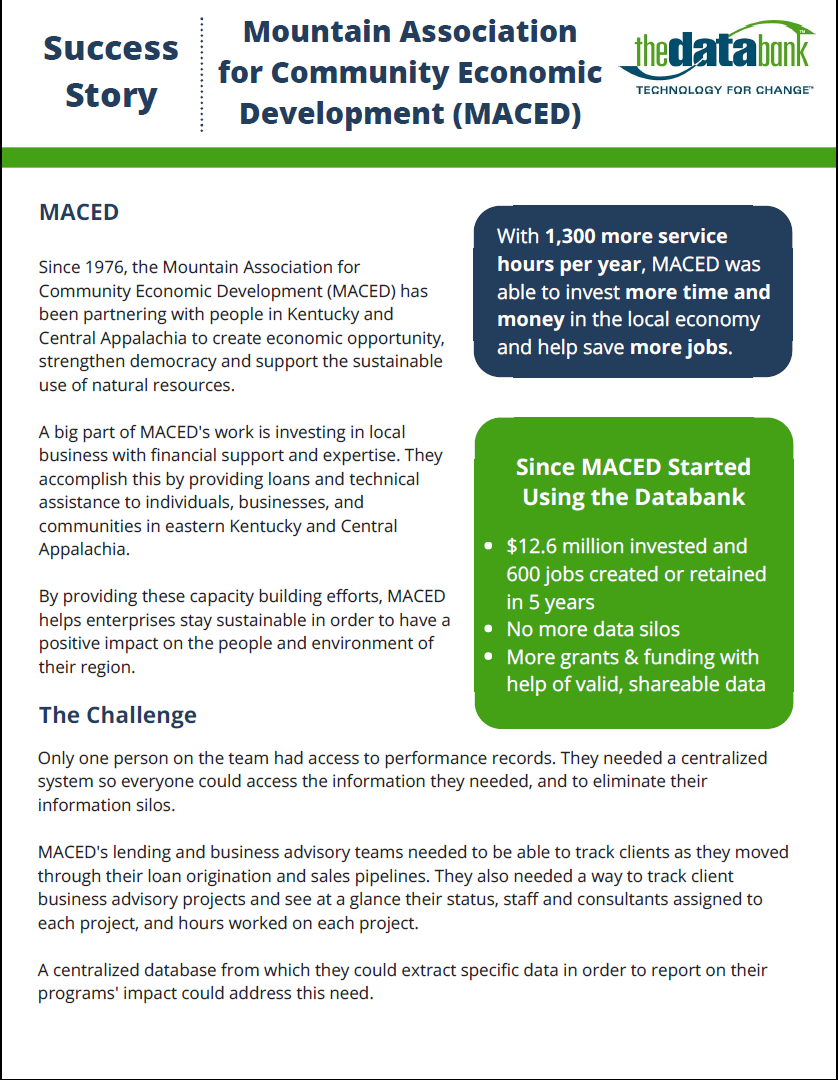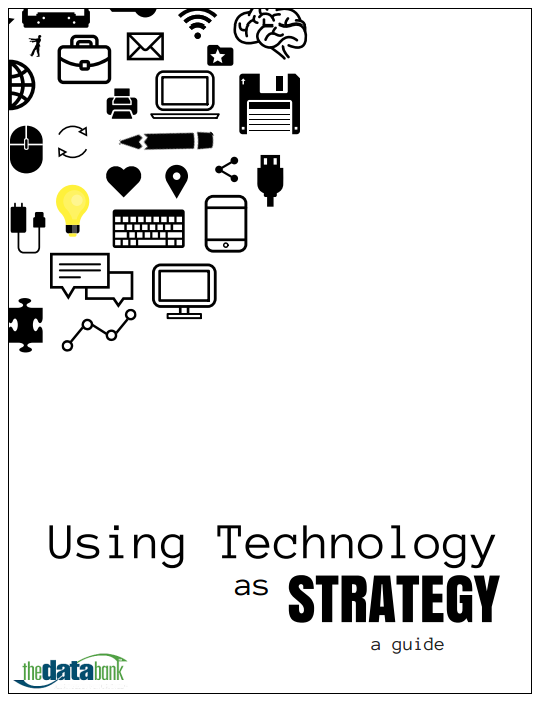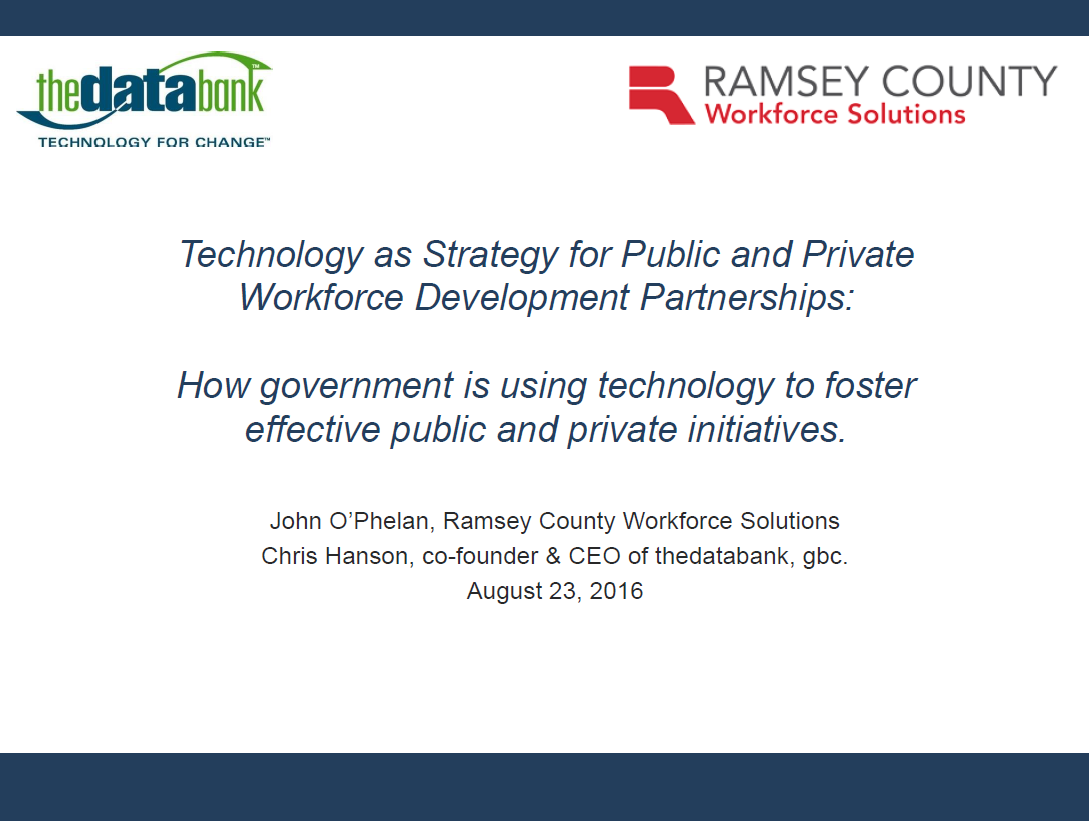Some people hate their databases. If you are one of those people, it’s OK to admit it. This post is a safe space. Having worked in the nonprofit technology world since 2004, I’ve met a lot of people who, for one reason or another, hate their database.
I want you to love your database.
In this three-part series, I’ll be looking at three of the most common things that cause problems with nonprofit databases and CRMs – and how you can fix them.
Part One: Not Having Standards
Does this sound like your organization?
- When you are doing a mailing, you have to spend at least 30 minutes going through the names and removing things like middle initials in the first name field, notes like “John(and family)”
- When looking up an address, you don’t know whether it will be stored as “123 3rd St”, “123 Third St”, “123 Third Street”, etc
- Speaking of which, does that note say you sent an “email”, an “e-mail”, an “e-blast” or an “e-newsletter”?
The insidious thing about this particular problem is that it’s not a big deal when your organization is small. You don’t have to think of standards when there’s really only one staff member doing data entry – you know exactly what an address looks like because you’re the one who typed it. And really, it doesn’t take a lot of time to look over and correct your mailing labels. But as your organization grows, you data quality decays. When your data quality decays, it becomes harder to get good and useful information from your database.
How to solve this
- Document your standards – The first step is to write it down. Take some time to write a document outlining how you enter addresses, names, notes etc. If you want some help getting started, you can find a pretty good guide to data entry standardization in our support center.
- Train on your standards – Once you’ve figured out how you want things to be standardized, put aside 30 minutes of training time to talk about how to enter data. Investing that time up front will pay you dividends in the future.
- Take advantage of other people’s standards – You don’t need to create your own standards from scratch. If one of your partners, or a service you work with has a well developed standard, it might be worth it to adopt their standards. The US Postal Service publishes a list of Addressing tips and abbreviations that you can incorporate into your own standards.
Talk Back: Does the lack of data standards in your database drive you nuts? What do you think are the other two things that make databases painful? Leave thoughts in the comments.
Read Part 2 here – Secret Stashes
Read Part 3 here – @$%^$% (Indecipherable Codes)






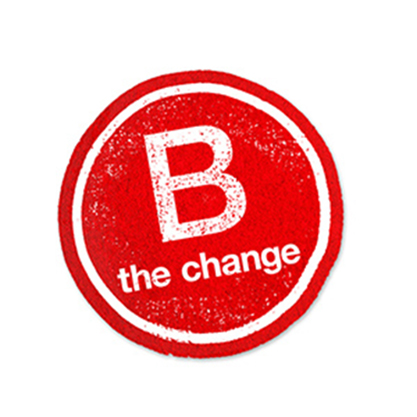


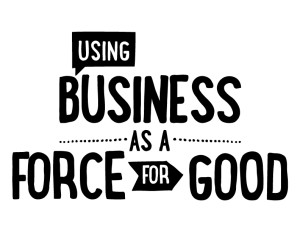
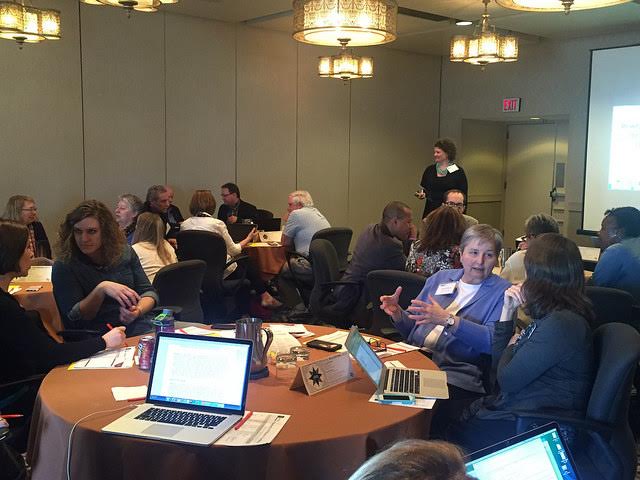
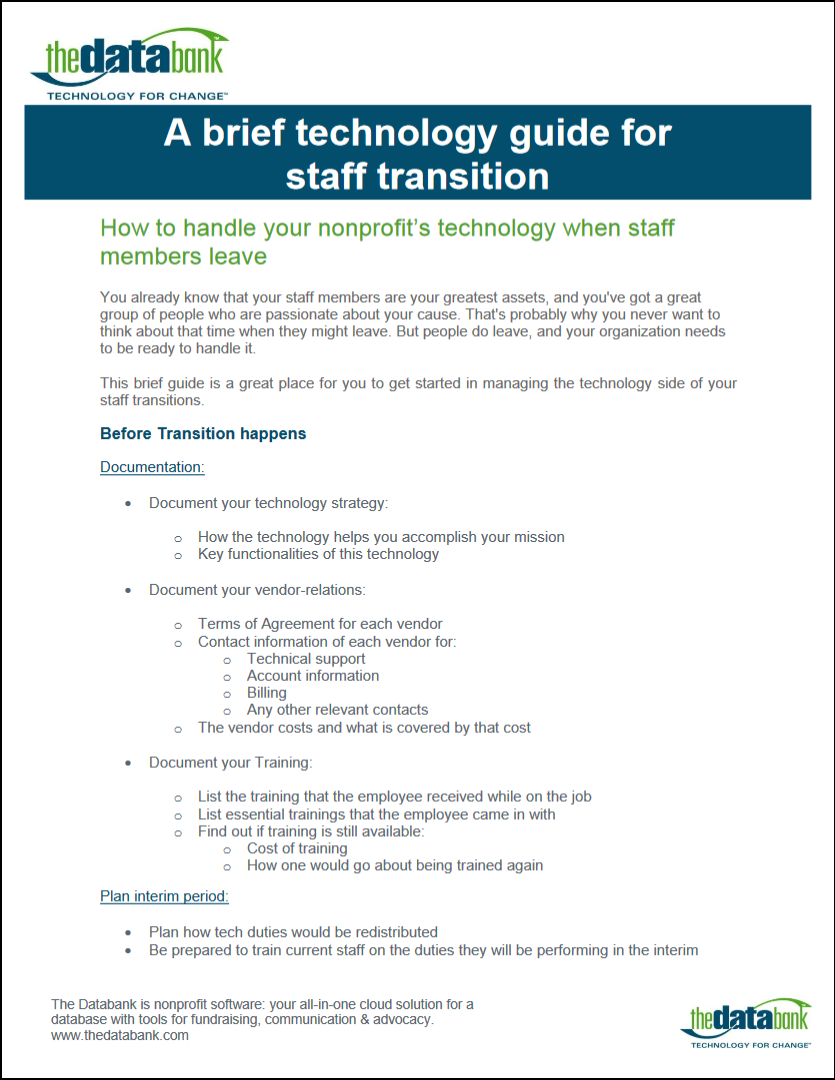

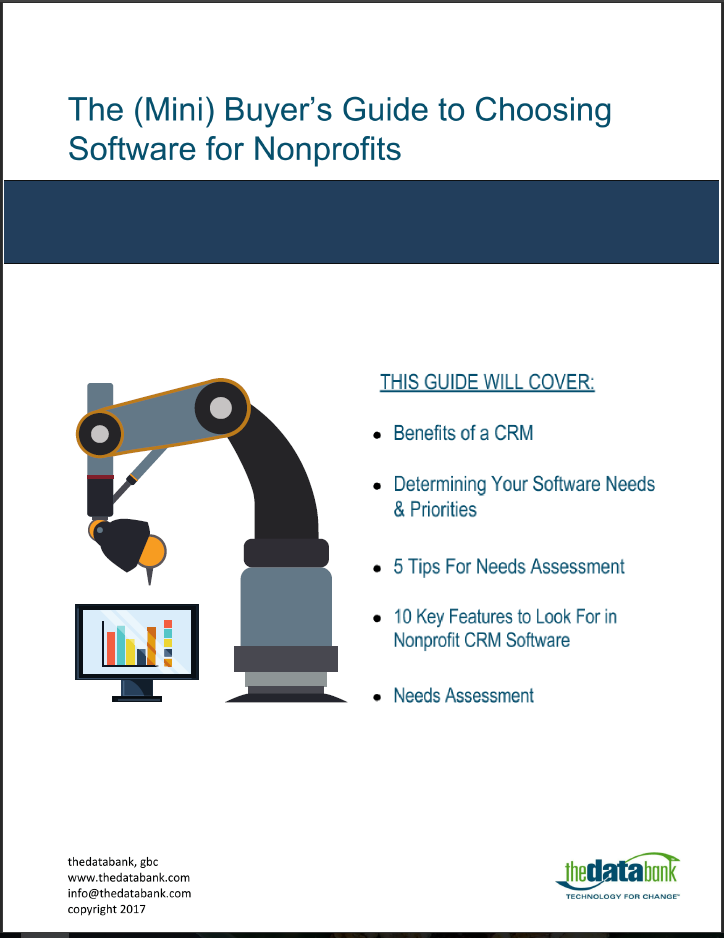


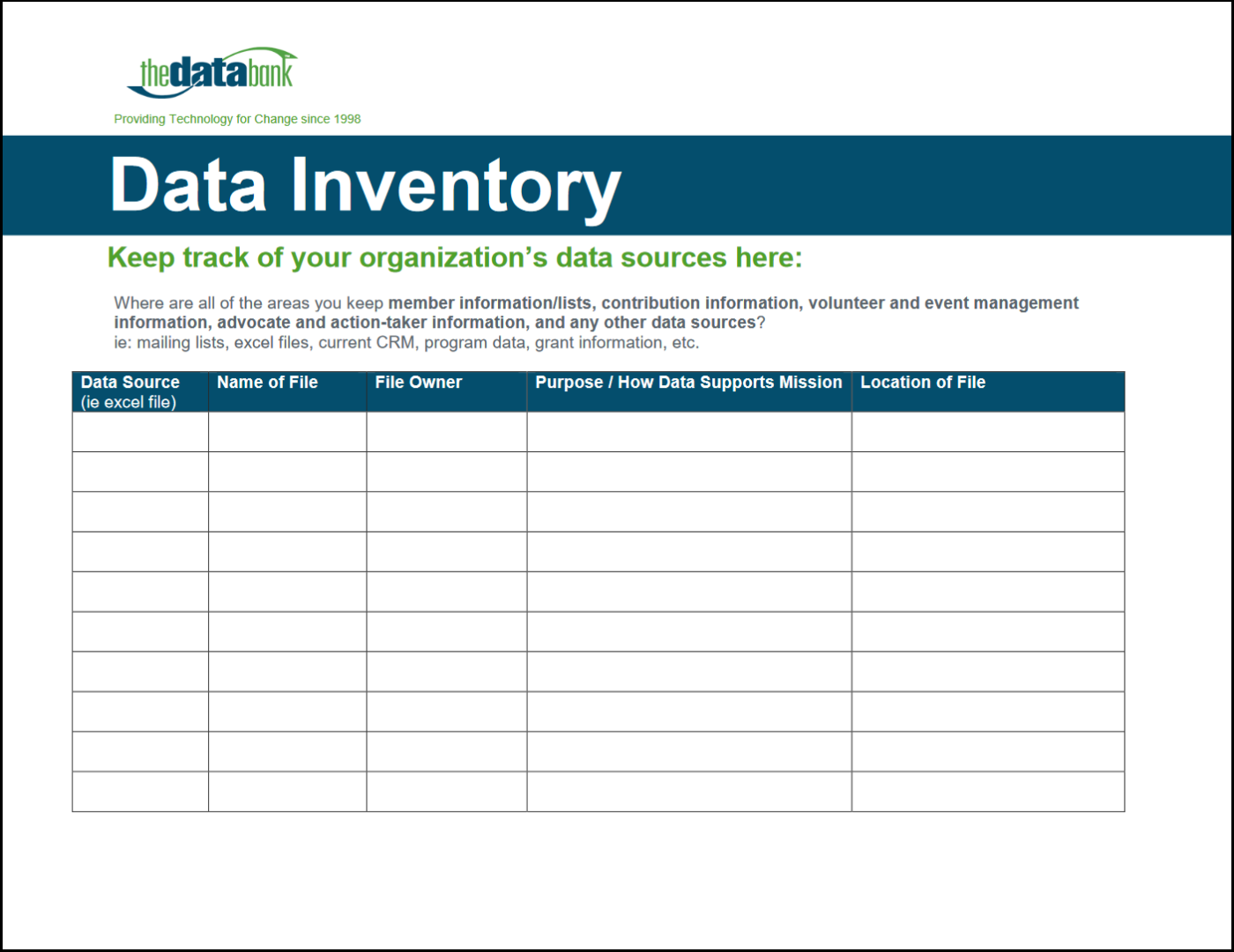




 thedatabank, gbc is technology for change, and we walk the talk.
thedatabank, gbc is technology for change, and we walk the talk. 